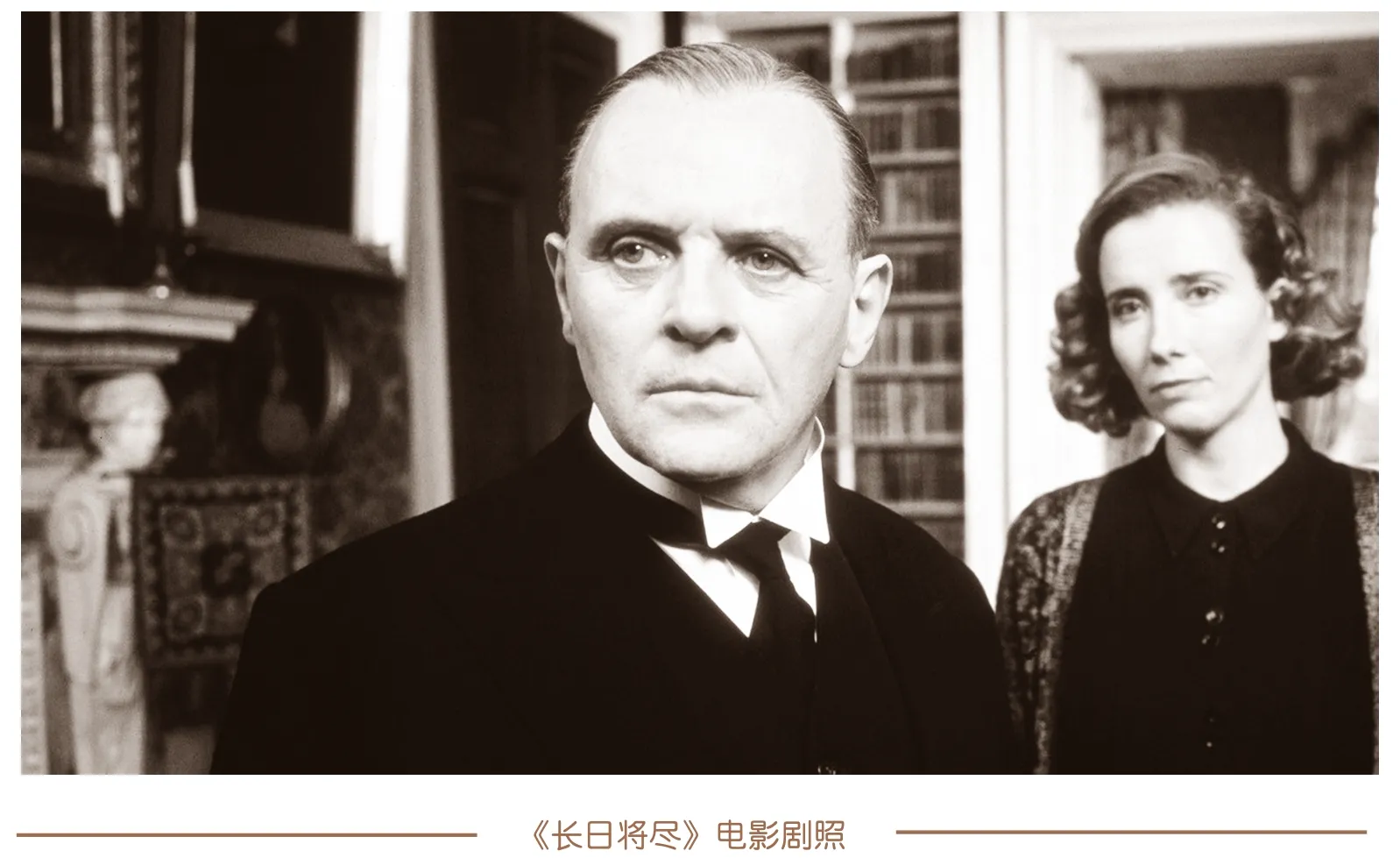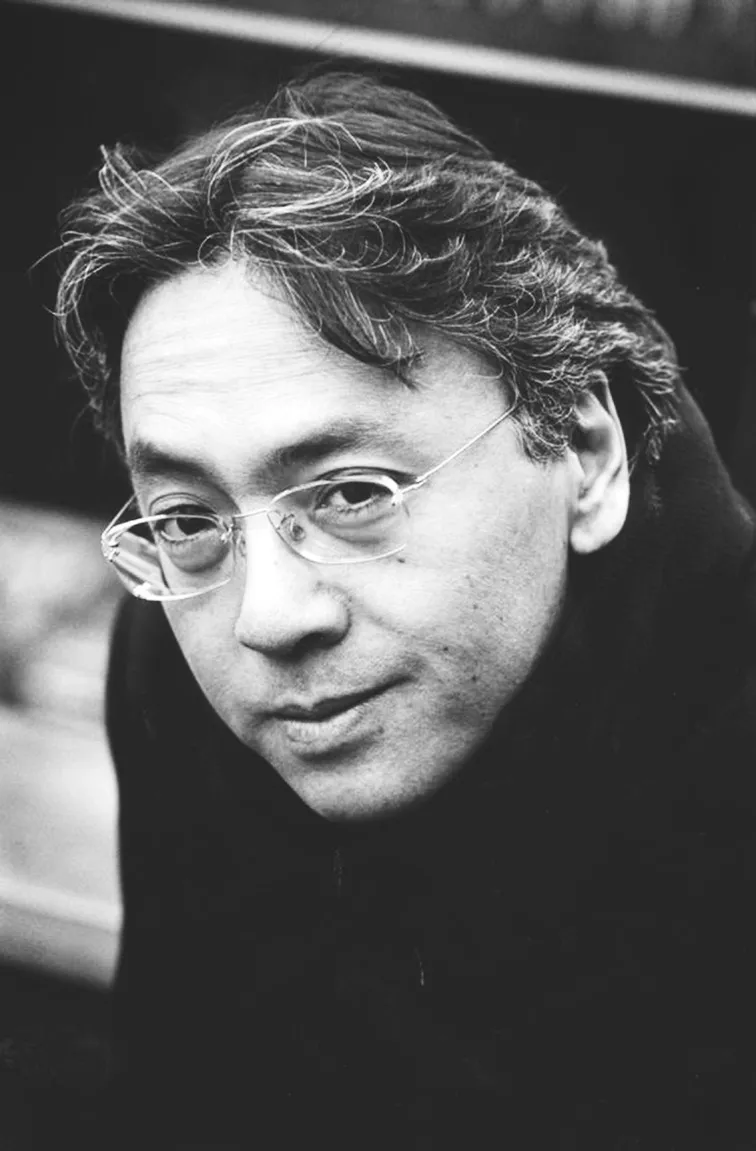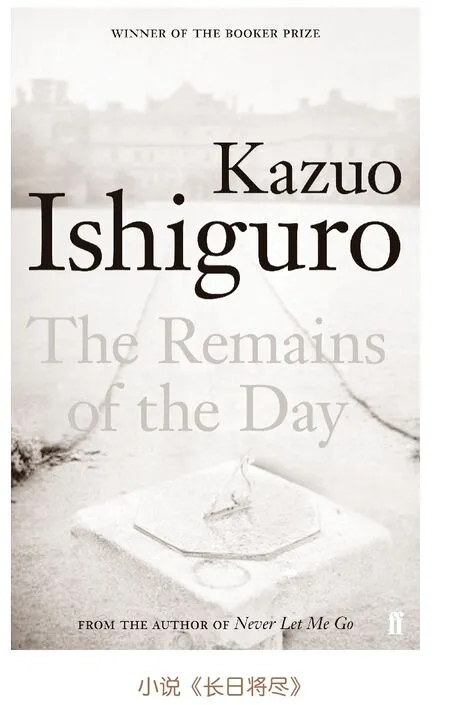何为“杰出的男管家”?
2019-01-29蒋素华选注
∷蒋素华 选注

And yet what precisely is this ‘greatness’? Just where, or in what, does it lie? I am quite aware it would take a far wiser head than mine to answer such a question, but if I were forced to hazard a guess(斗胆猜测), I would say that it is the very lack of obvious drama or spectacle that sets the beauty of our land apart.What is pertinent(相关的)is the calmness of that beauty,its sense of restraint(克制). It is as though the land knows of its own beauty, of its own greatness, and feels no need to shout it. In comparison, the sorts of sights offered in such places as Africa and America, though undoubtedly very exciting, would, I am sure, strike the objective viewer as inferior on account of their unseemly(不得体的,不相宜的)demonstrativeness(感情外露).
This whole question is very akin to(类似于)the question that has caused much debate in our profession over the years: what is a ‘great’ butler? I can recall many hours of enjoyable discussion on this topic around the fire of the servants’ hall at the end of a day. You will notice I say ‘what’ rather than ‘who’ is a great butler; for there was actually no serious dispute as to the identity of the men who set the standards amongst our generation. That is to say, I am talking of the likes of Mr Marshall of Charleville House, or Mr Lane of Bridewood. If you have ever had the privilege of meeting such men, you will no doubt know of the quality they possess to which I refer. But you will no doubt also understand what I mean when I say it is not at all easy to define just what this quality is.
“男管家”(butler)是英国贵族传统文化中最具代表性的职业,以对主人的绝对忠诚和敬业著称。一战后这个职业随着大英帝国的衰落而日渐式微。2017年诺贝尔文学奖获得者、日裔英国小说家石黑一雄(Kazuo Ishiguru)在《长日将尽》(The Remains of the Day)这部小说中以其独到的、细腻优雅的文字,叙述了主人公对自己30年的男管家职业历程的回顾和对人生价值的思考。
达林顿官邸的美国新主人法拉第先生建议男管家史蒂文斯去附近的乡村放松几天,于是史蒂文斯驾着福特车开始了六天的旅程,他沿途经过的英格兰乡村的美景使他想起昔日达林顿的辉煌以及大英帝国的殖民霸主地位。史蒂文斯以恪尽职守的父亲为榜样,竭尽全力成为一个父亲所期望的杰出的男管家。甚至当父亲累倒在病床上时,史蒂文斯都没顾得上与他临终告别。一路上他对“杰出的男管家”应具备什么样的职业素养进行了深刻的思考。在他看来,优雅的举止和风度、超强的语言和组织能力都不足以使其成为一个“杰出的男管家”。那么,什么样的男管家才能称得上是“杰出的男管家”呢?
Incidentally, now that I come to think further about it, it is not quite true to say there was no dispute as to who were the great butlers. What I should have said was that there was no serious dispute among professionals of quality who had any discernment(眼力,洞察力)in such matters. Of course, the servants’ hall at Darlington Hall,like any servants’ hall anywhere, was obliged to receive employees of varying degrees of intellect and perception,and I recall many a time having to bite my lip while some employee—and at times, I regret to say, members of my own staff—excitedly eulogized(称赞)the likes of, say,Mr Jack Neighbours.
I have nothing against Mr Jack Neighbours, who sadly, I understand, was killed in the war. I mention him simply because his was a typical case. For two or three years in the mid-thirties, Mr Neighbours’s name seemed to dominate conversations in every servants’hall in the land. As I say, at Darlington Hall too, many a visiting employee would bring the latest tales of Mr Neighbours’s achievements, so that I and the likes of Mr Graham would have to share the frustrating experience of hearing anecdote after anecdote relating to him. And most frustrating of all would be having to witness at the conclusion of each such anecdote otherwise decent employees shaking their heads in wonder and uttering phrases like: ‘That Mr Neighbours, he really is the best.’
Now I do not doubt that Mr Neighbours had good organizational skills; he did, I understand,mastermind(策划)a number of large occasions with conspicuous(引人注目的)style. But at no stage did he ever approach the status of a great butler. I could have told you this at the height of his reputation, just as I could have predicted his downfall after a few short years in the limelight.

How often have you known it for the butler who is on everyone’s lips one day as the greatest of his generation to be proved demonstrably within a few years to have been nothing of the sort? And yet those very same employees who once heaped(堆积)praise on him will be too busy eulogizing some new figure to stop and examine their sense of judgment. The object of this sort of servants’ hall talk is invariably some butler who has come to the fore(崭露头角)quite suddenly through having been appointed by a prominent house, and who has perhaps managed to pull off(做成,办成)two or three large occasions with some success. There will then be all sorts of rumours buzzing through servants’ halls up and down the country to the effect that he has been approached by this or that personage or that several of the highest houses are competing for his services with wildly high wages. And what has happened before a few years have passed? This same invincible(无敌的)figure has been held responsible for some blunder(愚蠢的错误), or has for some other reason fallen out of favour(失宠)with his employers, leaves the house where he came to fame and is never heard of again.
But let me return to the question that is of genuine interest, this question we so enjoyed debating when our evenings were not spoilt by chatter from those who lacked any fundamental understanding of the profession; that is to say, the question ‘what is a great butler?’
To the best of my knowledge, for all the talk this question has engendered(引起)over the years, there have been very few attempts within the profession to formulate an official answer. The only instance that comes to mind is the attempt of the Hayes Society to devise criteria for membership. You may not be aware of the Hayes Society, for few talk of it these days. But in the twenties and the early thirties,it exerted a considerable influence over much of London and the Home Counties(伦敦周围各郡). In fact, many felt its power had become too great and thought it no bad thing when it was forced to close, I believe in 1932 or 1933.
The Hayes Society claimed to admit butlers of ‘only the very first rank’. Much of the power and prestige it went on to gain derived from the fact that unlike other such organizations which have come and gone, it managed to keep its numbers extremely low, thus giving this claim some credibility. Membership, it was said, never at any point rose above thirty and much of the time remained closer to nine or ten. This, and the fact that the Hayes Society tended to be a rather secretive body, lent it much mystique(神秘性)for a time, ensuring that the pronouncements it occasionally issued on professional matters were received as though hewn(砍,凿)on tablets of stone(石碑).
But one matter the Society resisted pronouncing on for some time was the question of its own criteria for membership.Pressure to have these announced steadily mounted, and in response to a series of letters published in A Quarterly for the Gentleman's Gentleman(《优秀男管家季刊》), the Society admitted that a prerequisite(前提)for membership was that ‘an applicant be attached to a distinguished household’.‘Though of course,’ the Society went on, ‘this by itself is far from sufficient to satisfy requirements.’ It was made clear,furthermore, that the Society did not regard the houses of businessmen or the ‘newly rich’ as ‘distinguished’, and in my opinion this piece of outdated thinking crucially undermined any serious authority the Society may have achieved to arbitrate(公断)on standards in our profession. In response to further letters in A Quarterly, the Society justified its stance by saying that while it accepted some correspondents’views that certain butlers of excellent quality were to be found in the houses of businessmen, ‘the assumption had to be that the houses of true ladies and gentlemen would not refrain long from acquiring the services of any such persons’. One had to be guided by the judgment of ‘the true ladies and gentlemen’, argued the Society, or else ‘we may as well adopt the proprieties(礼节)of Bolshevik(布尔什维克的)Russia’. This provoked further controversy, and the pressure of letters continued to build up urging the Society to declare more fully its membership criteria. In the end, it was revealed in a brief letter to A Quarterly that in the view of the Society—and I will try and quote accurately from memory—‘the most crucial criterion is that the applicant be possessed of a dignity in keeping with his position. No applicant will satisfy requirements,whatever his level of accomplishments otherwise, if seen to fall short in this respect.’
For all my lack of enthusiasm for the Hayes Society, it is my belief that this particular pronouncement at least was founded on a significant truth. If one looks at these persons we agree are‘great’ butlers, if one looks at, say, Mr Marshall or Mr Lane, it does seem to me that the factor which distinguishes them from those butlers who are merely extremely competent is most closely captured by this word ‘dignity’.
Of course, this merely begs the further question:of what is ‘dignity’ comprised? And it was on this point that the likes of Mr Graham and I had some of our most interesting debates. Mr Graham would always take the view that this ‘dignity’ was something like a woman’s beauty and it was thus pointless to attempt to analyse it.I, on the other hand, held the opinion that to draw such a parallel tended to demean(贬低)the ‘dignity’ of the likes of Mr Marshall. Moreover, my main objection to Mr Graham’s analogy(类比)was the implication that this ‘dignity’ was something one possessed or did not by a fluke of nature(纯属偶然); and if one did not selfevidently have it, to strive after it would be as futile as an ugly woman trying to make herself beautiful. Now while I would accept that the majority of butlers may well discover ultimately that they do not have the capacity for it, I believe strongly that this ‘dignity’ is something one can meaningfully strive for throughout one’s career.Those ‘great’ butlers like Mr Marshall who have it, I am sure, acquired it over many years of self-training and the careful absorbing of experience. In my view, then, it was rather defeatist(失败主义者的)from a vocational(职业的)standpoint to adopt a stance like Mr Graham’s.
You will not dispute, I presume, that Mr Marshall of Charleville House and Mr Lane of Bridewood have been the two great butlers of recent times. Perhaps you might be persuaded that Mr Henderson of Branbury Castle also falls into this rare category. But you may think me merely biased if I say that my own father could in many ways be considered to rank with such men, and that his career is the one I have always scrutinized(仔细审查)for a definition of ‘dignity’. Yet it is my firm conviction that at the peak of his career at Loughborough House,my father was indeed the embodiment of ‘dignity’.
I realize that if one looks at the matter objectively,one has to concede(承认)my father lacked various attributes(特征)one may normally expect in a great butler. But those same absent attributes, I would argue,are every time those of a superficial and decorative order, attributes that are attractive, no doubt, as icing on the cake(锦上添花), but are not pertaining to(与……有关的)what is really essential. I refer to things such as good accent and command of language,general knowledge on wide-ranging topics such as falconing(驯养猎鹰狩猎)or newt-mating(蝾螈交配)—attributes none of which my father could have boasted. Furthermore, it must be remembered that my father was a butler of an earlier generation who began his career at a time when such attributes were not considered proper, let alone desirable in a butler.Those obsessions with eloquence(口才)and general knowledge would appear to be ones that emerged with our generation, probably in the wake of(在……之后)Mr Marshall, when lesser men trying to emulate(效仿)his greatness mistook the superficial for the essence. It is my view that our generation has been much too preoccupied with the ‘trimmings’(配饰); goodness knows how much time and energy has gone into the practising of accent and command of language, how many hours spent studying encyclopedias(百科全书)and volumes of ‘Test Your Knowledge’, when the time should have been spent mastering the basic fundamentals.
My father, as I say, came of a generation mercifully free of such confusions of our professional values. And I would maintain that for all his limited command of English and his limited general knowledge, he not only knew all there was to know about how to run a house, he did in his prime come to acquire that ‘dignity in keeping with his position’, as the Hayes Society puts it. If I try, then, to describe to you what I believe made my father thus distinguished, I may in this way convey my idea of what ‘dignity’ is.

石黑一雄

There was a certain story my father was fond of repeating over the years. I recall listening to him tell it to visitors when I was a child, and then later, when I was starting out as a footman(男仆)under his supervision.
The story was an apparently true one concerning a certain butler who had travelled with his employer to India and served there for many years maintaining amongst the native staff the same high standards he had commanded in England. One afternoon, evidently, this butler had entered the dining room to make sure all was well for dinner,when he noticed a tiger languishing(变得衰弱,失去活力)beneath the dining table. The butler had left the dining room quietly, taking care to close the doors behind him,and proceeded calmly to the drawing room where his employer was taking tea with a number of visitors. There he attracted his employer’s attention with a polite cough,then whispered in the latter’s ear: ‘I’m very sorry, sir, but there appear to be a tiger in the dining room. Perhaps you will permit the twelvebores(12口径猎枪)to be used?’
And according to legend, a few minutes later, the employer and his guests heard three gun shots. When the butler reappeared in the drawing room some time afterwards to refresh the teapots, the employer had inquired if all was well.
‘Perfectly fine, thank you, sir,’ had come the reply.‘Dinner will be served at the usual time and I am pleased to say there will be no discernible(可辨识的)traces left of the recent occurrence by that time.’
This last phrase—‘no discernible traces left of the recent occurrence by that time’—my father would repeat with a laugh and shake his head admiringly.
